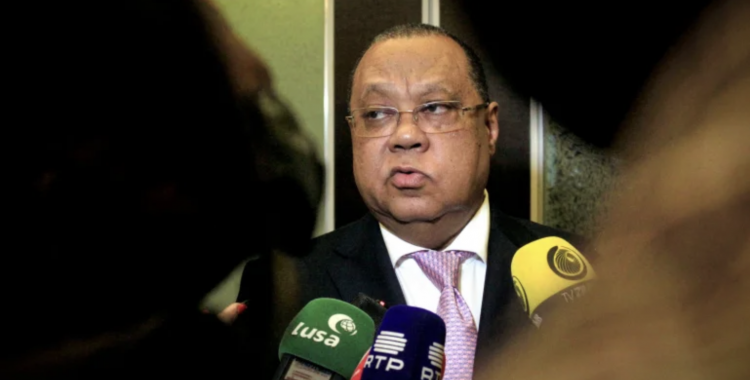Helder Pitta Grós was speaking to the press on the sidelines of a workshop on asset confiscation for magistrates of Angola's higher courts, in Luanda.
Thus, in terms of the assets recovered by the State, Helder Pitta Grós said that those that were subject to arrest or seizure are in the custody of a faithful custodian, and announced that a third auction for the sale of vehicles will soon be held.
The sale of real estate assets at public auction is also being prepared, he said.
Although the number of properties that will be auctioned has not been announced, the PGR, cited by Angop, said that some production units related to the industry will be subject to privatization.
As of today, the list of assets recovered by the State includes 223 assets, plus 521 seized and 167 seized, including money, cars, houses, buildings and shares in companies, among others.
The National Asset Recovery Service lists detail the type of asset, its value and the place where it was recovered, but do not mention who its owners were, a situation that Pitta Grós admits could change.
"We are taking the first steps, dealing with matters that had never been dealt with and it is natural that there are some mistakes on our part. It was a good step in terms of transparency for us to publicize what we have, what has already been recovered, everyone can go to the website and consult, but we can see if we improve our information", he said.
The workshop, which takes place this Thursday and Friday, is part of the PRO.REACT project – Project to Support the Strengthening of the National Asset Confiscation System in Angola, financed by the European Union (EU), and aims to develop an effective system to combat illicit financial flows and contribute to greater economic growth and poverty reduction in Angola.
Asset confiscation is an innovative and effective tool in combating corruption and organized crime. However, the practice of asset recovery is complex and requires cooperation and coordination between relevant national and international institutions.







